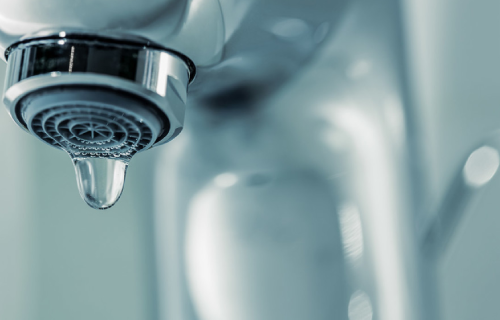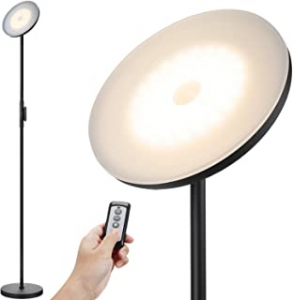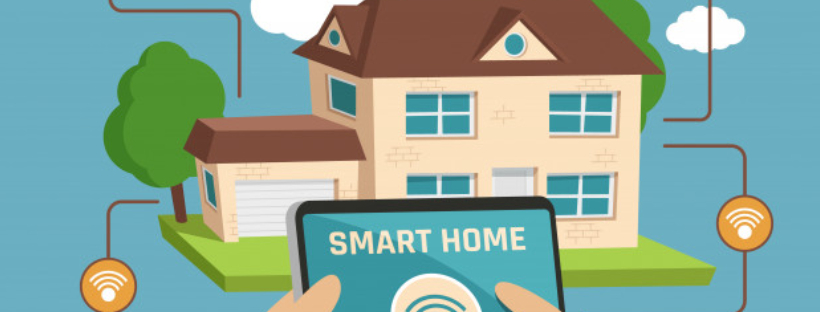A small spill, on the off chance that neglected or not taken care of, can end up becoming a colossal issue. Isolated from raising your water charge, a spill can result in untold hurt to your entire plumbing system, your domestic, and in fact your yard.
Thankfully, leaks can be prevented. Read on to find out more about leaks, how they can be prevented, as well as products that can help you prevent leaks.
How to Stop Water Leakage?
A spill that drips at the slightest once each moment can waste up to or over 250 gallons of water each month. A silent toilet spill, which regularly goes unnoticed for a long time—can waste between 50 and 500 gallons of water day by day.
Cracked channels can squander hundreds of gallons of water and may indeed devastate important property, in this manner expanding your water bill.
As a homeowner, you may be able to prevent, find, and fix leaks, it is highly recommended that you leave such jobs in the hands of professionals who know their onions and can help you to save lots of time, hassle, and money.
Usual Suspects of Water Leakage
Here are some of the possible water sources you should consider investigating:
1. Drains and Pipe
Plumbing systems are susceptible to both stoppages and clogs. This can result in overflowing appliances such as sinks, washing machines, and toilets. Roots in sewer lines, as well as the buildup of grease in kitchen sinks, are some of the reasons for stoppages and clogs.
During winter, it is not uncommon for pipes to freeze and burst, thereby damaging the personal property of the occupant, which may also include the building. A 1/8-inch crack in a water pipe can discharge up to 250 gallons of water per day.
2. Roofing
Damaged, deteriorated, or missing roofing materials as well as ice dams can also allow water to enter through the roof and wreak havoc by damaging the ceilings, walls, and floors.
Insufficient ventilation and attic insulation can also contribute to speeding up the rate of a roof’s decay. They can also contribute to the formation of ice dams. Exposure to snow, ice, wind and even foot traffic can significantly affect a roof’s ability to keep water out.
Other roof debris that can prevent the proper flow of water from draining off a roof include branches, leaves, and moss.
3. Appliances
The familiar sources of water Leakage in the home include clothes washers, refrigerators, water heaters, dishwashers, and air conditioning units. One major factor that must always be taken into consideration is the age of a particular appliance.
Over time, as the appliances are put to use, they start producing condensation, thus leading to a chemical action known as rust.
Water supply hoses on dishwashers and washing machines can also develop leaks, resulting in the escape of hundreds of gallons of water. This can cause lots of damage to the building or the entire property.
4. The Irrigation System
If your irrigation system forms to leak, noticing this problem can be a challenge or a hassle. In most cases, many sprinkler systems have old pipes that run underground and have been there for a very long time. Hard water can deposit, or rodents can make a go at these old pipes, which may finish up springing a leakage in the irrigation system.
This damage can go unnoticed for several months, thus driving up your water bill to unreasonable amounts. Irrigation leaks are known as a critical driver of incredibly high water bills and waste in the United States.
One way to prevent leaks is by performing routine maintenance on the appliances in your home. You can prevent water leaks by updating the older parts of your hardware as well as checking hard-to-detect leaks.
Another way that can help you prevent water Leakage is the consistent monitoring of your weekly or monthly water bill. If you suddenly notice spikes in the charges, you should be able to determine if you merely used up more water that week or month or if there is a leak that you have not noticed.
It is also crucial for you to know your risks for leaks during the winter months, especially from burst frozen pipes, as this can help you detect leaks at an early stage.
Be that as it may, leaks can happen incredibly fast, and since your water bill does not come in daily or even weekly, you may be too late in preventing leakage.
And since it is not humanly possible to keep a close watch on your water supply around the clock, there are tools or products that you can utilize.
Top 10 Products to Prevent Water Leaks
Here are the top 10 products that can help you prevent water leaks and get many easy water leak prevention tips.
1. Waxman LeakSmart Wireless & Waterproof Leak Detector Sensor
This is a hub-based sensor from a manufacturing company that creates a smart water shut-off valve. It is perfect for smart homes because it does not require elaborate valve setups. This hub cum sensor can also measure moisture as well as temperature.
Although the device works with Wink, it does not work with SmartThings from Samsung.
2. Insteon Leak Sensors
This classic water leak sensor is available separately or in a choice of pack sizes for large homes. It is efficient, relatively affordable, and can protect your smart home from unchecked water leaks.
Pop this water spill sensor close regions that are defenseless without the requirement for cement or indeed screws. You’ll get up to a decade of use before you’ll swap the batteries. You will also be able to monitor the system health of the sensor at a glance, thanks to the heartbeat signal that is baked in from the factory.
3. EcoNet Controls Leak Sensor
This is a multi-pack of leak sensors that are customized for large homes and guaranteed to keep you safe from water-induced harm.
The range of this sensor is exceptional as it works remarkably well up to 100 feet, although obstacles may reduce the efficiency somewhat. Therefore, position it where you can have a clear line of sight, and you will be amazed at the efficacy of the device.
Place this compact unit on the floor within the area that is prone to water leaks. You can also mount this sensor on the wall with the base it comes with, depending on the layout of your room.
4. Phyn Plus Smart Water Valve
This device works by analyzing your water system right at the main supply that comes into your home and searches for anomalies. If it detects a leak, it shuts off the water supply to prevent ruinous damage.
5. Smarthome SELECT Electronic Water Shut-Off Valve
This valve is specially designed using rugged stainless construction and is rated IP67, meaning that this innovative water shut-off valve works well both outdoors and indoors.
You can integrate this valve with smart home security systems—like the ones from Elk or with Insteon ecosystems. You will be able to make any manipulations of your choice if you can invest in the home hub.
When the water leak detector picks up unwanted moisture, it quickly activates the I/O link to trigger the valve automatically, enables it, and then closes. This means you can proactively stop the unwanted flow of water in your home, whether you are home or not.
Although the valve is designed to work efficiently with 3/4-inch plumbing, you can also go for the 1-inch version if you so desire.
6. Flo by Moen Smart Valve
This valve comes with a built-in ability to make robocalls that warn users of potential problems with their water-supply system even before it proceeds to shut the system off. It may be a bit complicated if you are not tech-savvy, and you can enjoy the most value after subscribing monthly.
7. HomeSeer Z-Wave Plus Water Valve Controller
You can rely on this device to regulate the flow of water in your home. It is highly compatible with Z-Wave Plus home automation systems, thereby making you enjoy both manipulation of water flow as well as wireless control without having to be tech-savvy.
The controller is also very portable and can be used to regulate irrigation systems and spigots to slash wastage and optimize water consumption.
8. Sonin Water Alarm with Dual Sensors
This is an incredible device that alerts you with piercing 85-decibel siren sounds in case excess moisture is detected in your smart home.
Fix this sensor at the hazardous area using the suction cup it comes with or tape. Position the sensors at least 12 feet apart for maximum efficiency. You can check the sensor and alarm from time to time to ensure they are still functioning well via an onboard testing button.
The device comes with a single 9-volt battery that you can utilize for up to one year. An occasional double-beeping sound alerts you that the battery is running down and needs to be swapped as soon as possible.
9. Ring Alarm Flood and Freeze Sensor
This sensor pings instant alerts to your smartphone as soon as it detects water leaks or if it senses an abnormally low temperature.
You can position these sensors at least 250 feet apart from the base station. You may need to add a range extender if your home calls for a greater distance.
This exceptional sensor is designed to work together with the Ring Alarm Security Kit, which is a home security solution that does not require lengthy contracts or installations.
10. Samsung SmartThings Leak Sensor
Samsung’s SmartThings sensor is a tool that makes it remarkably easy for you to monitor areas that are sensitive to water leaks in your home. You can integrate this sensor into your smart home, but you may have to purchase the SMartThings Home Hub to make this possible.
As soon as this gateway is in place, you can sync and automate other devices. You will get notifications of any water mishap via an alert on your smartphone or a siren.
Conclusion – Prevent Water Leakage
As a homeowner, there is a lot you can do to protect your home. Maintaining your entire plumbing system and appliances are great place to start.
Related Resources:

 16302
16302



